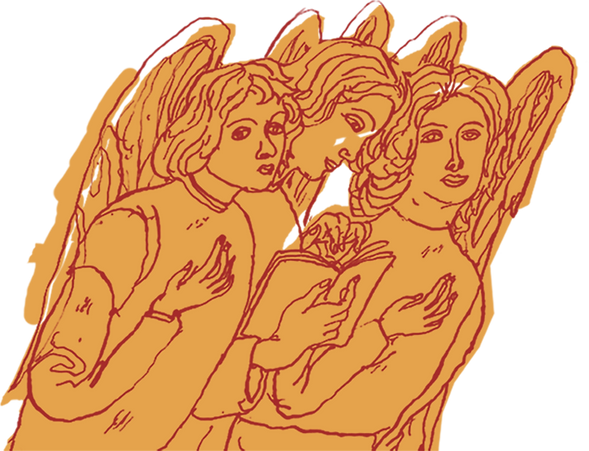


Photographer: Carly Ann Faye
Mary Jo Bang’s translation of Paradiso
completes her groundbreaking new version of Dante’s masterpiece, begun with Inferno and continued with
Purgatorio. In Paradiso, Dante has been purified by his climb up the seven terraces of Mount Purgatory, and now, led by the luminous Beatrice, he begins his ascent through the nine celestial spheres of heaven toward the Empyrean, the mind of God. Along the way, we meet the souls of the blessed—those at various proximities to God, but all existing within the bliss of heaven’s perfect order. Philosophically rich, spiritually resonant, Paradiso is a reckoning with justice and morality from a time of ethical questioning and political division much like our own. In her lyric style and her illuminating notes, Bang has made The Divine Comedy for the twenty-first century.
>MORE
NPR - Poet Mary Jo Bang reaches the end of her 20-year journey through Dante's 'Divine Comedy'
Click here for the full story!
“ So, Reader, lift up your eyes with me / To the wheels above.’ With this, Mary Jo Bang welcomes us on a vertiginous ascent through the spheres of Dante’s Paradise. The translation is lush, alive, radiant—no small feat for a seven-hundred-year-old theological poem full of doctrinal speeches and bursting with nearly untranslatable neologisms. Bang renders these in warm and dynamic verse. The notes, too, are a garden of delights, sparkling with the wisdom, worldliness, and wit readers of Bang’s translations have become accustomed to. Here, she ups the ante of the previous two canticles: her Paradiso is learned without being showy, informed but not pedantic, accessible without losing its gravity, solemn but not lacking in joy. In its third installment, Bang’s experiment in transtextuality concludes with a triumph.”
– Elizabeth Coggeshall, Editor, Dante Today








